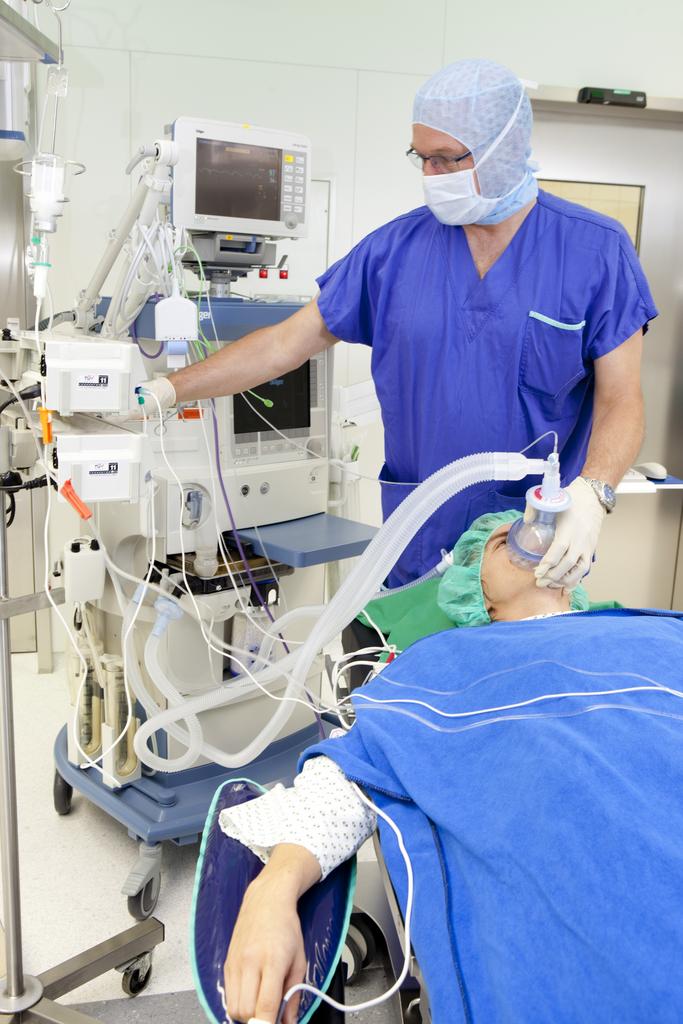Because of some reason or issue in the parent/child relationship, the patient's daughter refused to be the decision maker in her mother's care.
KINGS COUNTY HOSP. v. MR, 2023 NY Slip Op 50647 - NY: Kings Supreme Court 2023:
STEVEN Z. MOSTOFSKY, J.
Kings County Hospital (KCH) filed an application to treat M.R. over her objection under the Family Healthcare Decisions Act, Public Health Law (PHL) § 29-cc. The statute permits the hospital to bring this special proceeding for M.R.'s treatment. (§ 2994-r).
M.R. is a 62-year-old woman who suffers from, among other things, Schizoaffective Disorder, Borderline Personality Disorder, and Stage 5 End Stage Chronic Kidney Disease. She is known to this Court from having previously been the subject of several prior hearings for treatment over objection under both the Family Health Care Decisions Act and 14 NYCRR 527.8, as an involuntary psychiatric patient under Mental Hygiene Law Article 9. On each occasion, the Court authorized treatment.
There was testimony at a prior Court hearing in 2020 that M.R. knew she had 5% kidney function. For each hospitalization since, a doctor testified that without regular dialysis, M.R. could die. She has stated she wants to live despite her refusal to undergo dialysis. She is alive today.
KCH brough this application while M.R. was still being held under Article 9 of the MHL at Kingsboro Psychiatric Center, though physically at Kings County Hospital receiving medical treatment. On May 9, 2023, KCH administered dialysis to M.R. on a "life-saving" basis. The hospital took labs that revealed M.R.'s tenuous health. They indicated that M.R. was at risk of cardiac arrest, renal toxicity, seizure, and other conditions if she did not receive dialysis. KCH then filed an Order to Show cause under 14 NYCRR 527.8 to treat M.R. over her objection on May 12, 2023.
When Kingsboro unexpectedly decided to discharge her from its psychiatric unit while M.R. was still a medical patient at KCH, KCH moved to amend its original application to now proceed under the Family Healthcare Decisions Act, Public Health Law (PHL) § 29-cc. This Court granted the motion.
In this proceeding, KCH seeks to treat M.R. with hemodialysis, to conduct a procedure known as a Permacath to facilitate future dialysis, and to administer psychiatric medication and laboratory tests, over M.R.'s objection.
Here, proceeding under the PHL, the hospital determined that M.R. lacked decision-making capacity. PHL § 2994-b. It identified M.R.'s daughter, C.C., as a suitable surrogate. PHL § 2994-d(1). C.C. testified that her mother never indicated a wish to die and has never been suicidal. C.C. testified that her mom wants to get better, but "doesn't understand that [her condition] is severe and that she will die if she does not get treatment." The Court has the unenviable responsibility to determine the fate of a patient who wants to live but refuses treatment necessary to remain alive.
M.R. did not testify. A representation was made to the Court that her physical condition precluded her from testifying.
C.C. testified on June 15, 2023, that she did not feel comfortable acting as her mother's surrogate. She refused the appointment. Unfortunately, the Court cannot appoint her.
The Court heard testimony from M.R.'s treating doctors. One of those physicians was Dr. Daniel Buchnea, a pulmonologist and critical care physician. Dr. Buchnea did not openly object to M.R. receiving dialysis and other treatments over her objection. But he raised concerns about the balance between its benefits and risks. The hospital empaneled an ethics committee to consider the impact of the treatment on M.R. The committee, probably established for cases like M.R.'s, made no ethical recommendation, and inexplicably punted the decision to M.R.'s daughter, who now refuses to be surrogate.
But on June 12, 2023, Dr. Buchnea treated M.R. and wrote a note in the medical record. The note said "[M.R.] does not wish to die and wants to do dialysis so she can breathe better today." Whether or not she has the capacity to agree to or refuse treatment, she has the innate capacity to signify she doesn't want to die. In fact, her failure to have regular dialysis, as opposed to the status quo where she is only receiving dialysis on an emergent basis once every eight to ten days, affects her brain and cognitive ability. If she continues dialysis, it is possible she could regain cognition and take medication to gain full capacity.
The statute permits the hospital to treat M.R. as requested. Section 2994-g of the PHL governs treatment over objection for patients like M.R. who do not have a surrogate. The statute delineates the steps the hospital must take to provide routine or major medical treatment to a patient without a surrogate. PHL § 2994-g. Based on the testimony and medical records, the Court authorizes the hospital to treat M.R. within the requirements listed under each subsection. PHL § 2994-g(3)(a-b); PHL § 2994-g(4)(i-iii). The Court holds on clear and convincing evidence that the hospital may treat M.R. based on her lack of capacity and ability to balance the treatment's benefits and risks. Additionally, the treatment is in M.R.'s best interests. She wants to live and will die without it.
The hospital may provide dialysis to her three times a week, if necessary, with light sedation. It may also place a new permacath and treat her with the psychotropic medications listed by Dr. Tusher in his affidavit. M.R. may not be restrained unless a cardiologist is present.
It is ORDERED that KCH may treat M.R.over her objection in accordance with the Court's findings. The treatment is in her best interest, the benefits of the treatment outweigh the risks, and is the least restrictive alternative. It is further ORDERED that the hospital shall notify M.R.'s daughter, C.C., before performing any medical procedures not listed above."








No comments:
Post a Comment
Note: Only a member of this blog may post a comment.